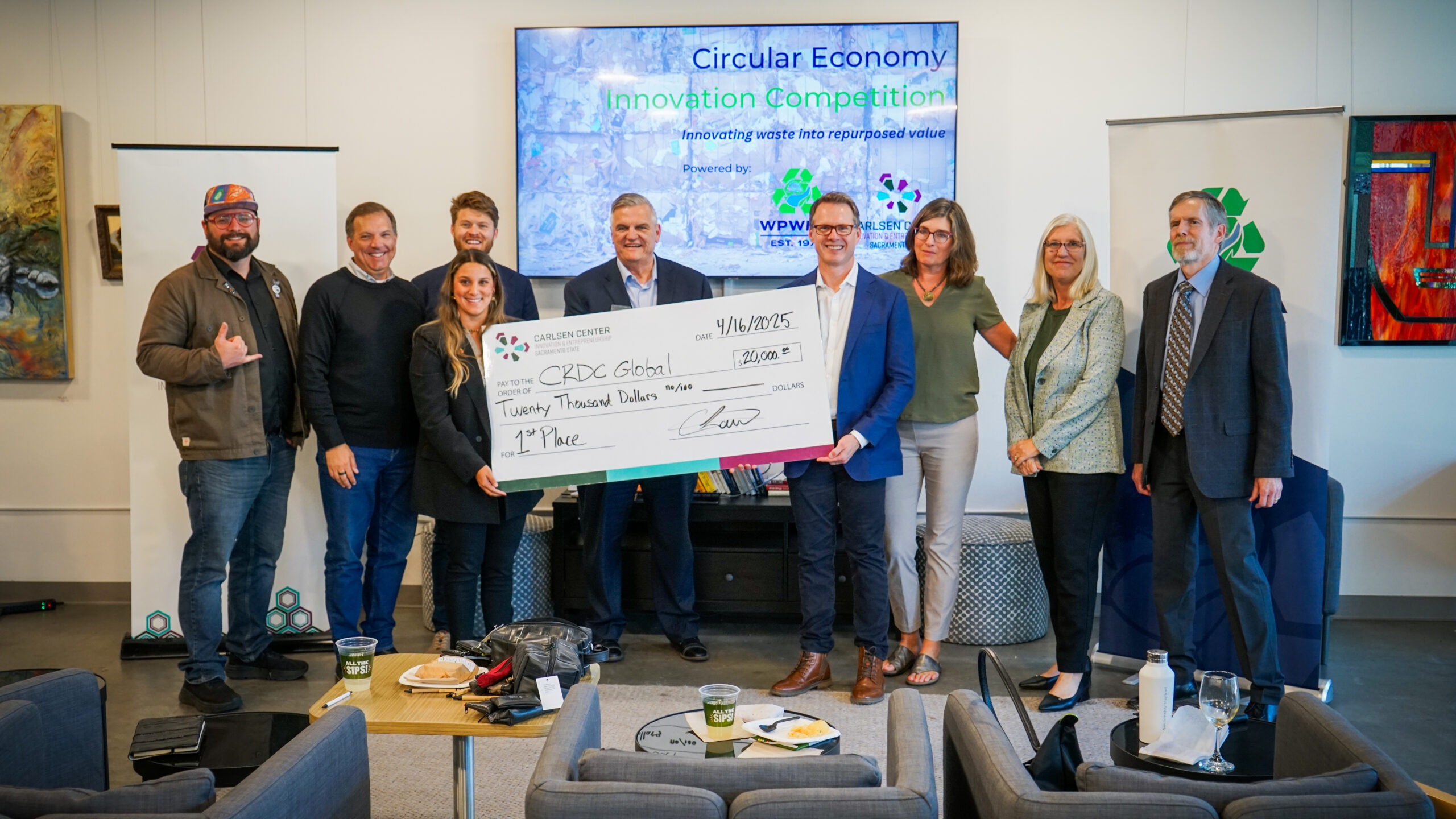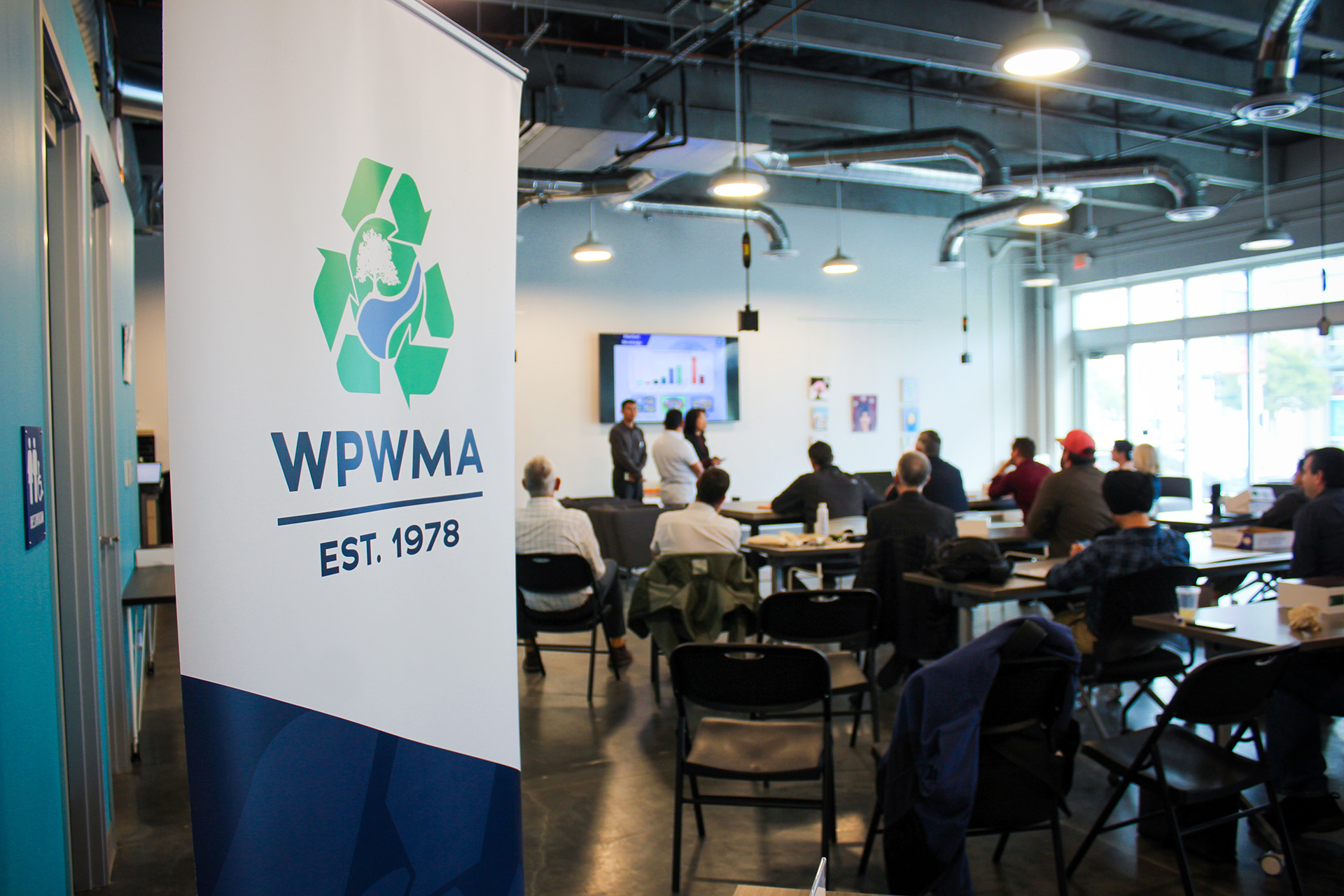Starting in 2022, many cities across California will be rolling out new organic waste recycling programs under SB 1383 (Lara, 2016). Although this may sound brand new to you, organic waste consists of everyday items you are already familiar with. Organic waste includes everyday items like food scraps, lawn and leaf clippings, and soiled paper that decomposes into compost in the right conditions.
At the Western Placer Waste Management Authority we’re tackling organics recycling – so you don’t have to! Currently, all western Placer County residents will continue to place their organics/food waste in their One Big Bin where it will be separated out at the Materials Recovery Facility for you. The MRF is undergoing facility upgrades that when complete, will significantly increase the amount of organics it recycles – including food waste. The MRF’s modernized infrastructure will allow you to continue using your One Big Bin and your organic material will be collected, recovered, and recycled for you into new end-products like compost or biofuel, meaning EVERYONE will be participating in organics recycling (and complying with state mandates)! No icky, smelly, and bug-attracting bins and the same effortless service you’re used to – that’s the Placer Recycles difference!
Oxygen is a key element that aids the breakdown of organic waste. However, when organic waste is buried and compacted in a landfill, oxygen cannot reach it. As a result, decomposition inside a landfill occurs in an “anaerobic” (without oxygen) environment and creates methane gas Methane gas is a type of greenhouse gas (GHG) that is harmful to our environmental health, air quality and contributes to climate change. When we divert organic waste from landfills, not only do we prevent methane gas, but also create a valuable soil additive – compost! In our community, Placer Recycles will make sure that your organic waste reaches its highest potential at the WPWMA facility.
Types of Organic Waste
Food Scraps | Paper Products | Yard Waste |
|
|
|
What is the purpose of the new organics recycling regulation, SB 1383 (Lara, 2016)?
- To reduce the amount of methane created by buried organic waste in landfills.
- To ensure we meet the statewide goal of reducing organic waste going to landfills by 75%.
- Help organic waste meet a higher purpose as compost and return this valuable resource back to the soil.
- Protect our beautiful Placer County quality of life for the future through sustainable solutions now.
How can you compost organic waste?
When organic waste is composted, it can reach a higher purpose. Your eggshells, banana peels, paper towels, and yard trimmings can go on to become food for our soil.
There are several ways to compost in Placer County. First, organic waste will be composted for you at the WPWMA’s facility if you include it in your One Big Bin or if you’re looking for a challenge you can compost your organic waste at home!
Other helpful tips:
- Recycle your seasonal organic waste: Christmas trees and pumpkins are both organic waste and can go live on through composting far past the holidays. Placer County offers FREE Christmas tree recycling, click here to learn more.
- Remember to reduce your organic waste: Save the napkins you receive when you get fast food for dinner. Mash overripe bananas to create delicious banana bread. Use grilled leftovers on a salad or give them to your pet dog as a treat. Get creative with your leftovers before throwing them out to reduce your organic waste generation.
- Avoid over buying at the grocery store to prevent wasting food: Before heading to the grocery store, take a quick inventory of everything in your fridge and pantry. This can prevent you from double purchasing what may be hiding behind your cupboard, and you can shop for recipes based on what you already have.





